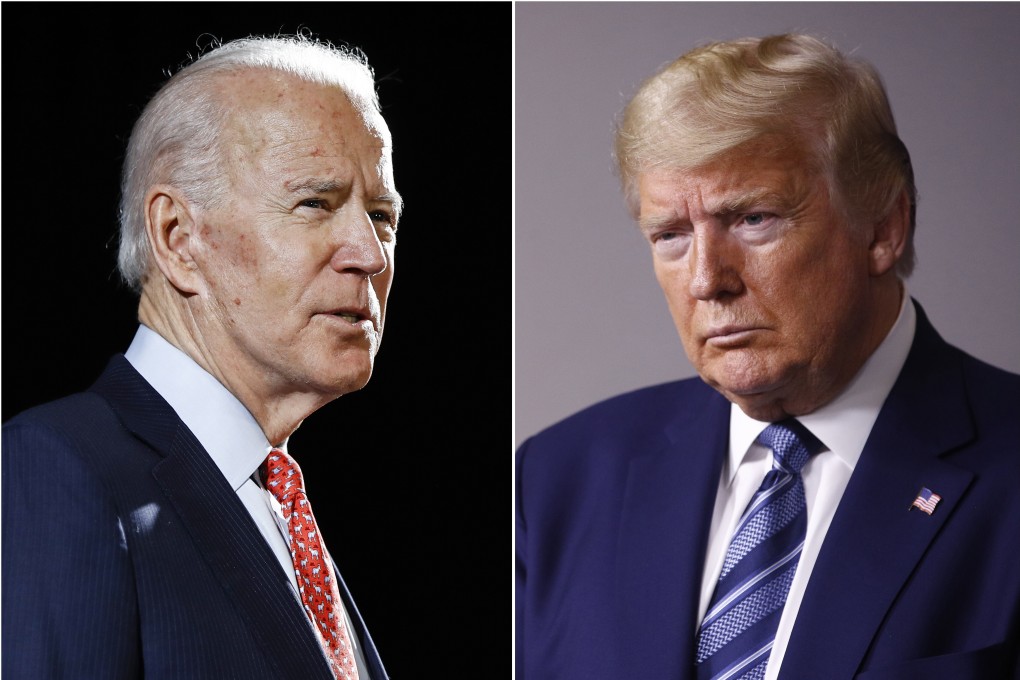Advertisement
Opinion | US presidential election: between Donald Trump and Joe Biden, China is likely to prefer the devil it knows
- Neither will change US policy on China but there is one key difference: Biden will repair ties with US allies, many of whom are also wary of Beijing and more inclined to take collective action against it in the future
Reading Time:3 minutes
Why you can trust SCMP

Will US President Donald Trump or Joe Biden, his presumed opponent in the November presidential election, be better for China? This might seem a ridiculous question, given Trump’s track record on China and the perilous state of Sino-US relations. However, on closer examination, it is not such an easy question to answer; the bilateral relationship has many moving parts and what is good for Beijing is not black and white.
Trump’s pivot away from decades of active American engagement with Beijing and a willingness to look the other way on intellectual property theft, cyber intrusions and unfair trade practices would imply that Beijing may prefer anyone else.
However, the fissure between America and China is not temporary. Lawmakers, businesses and citizens of both nations recognise that something fundamental has changed in the bilateral relationship, and that the changes in supply chains, trading, investing and lending are here to stay.
Advertisement
Importers and exporters have modified their business models and customer bases, bilateral trade and investment levels have dropped off a cliff, and there is little goodwill at the legislative level.
Biden’s record on China has generally been in favour of engagement, but he also supported hard-line policies counter to Beijing’s interest. For example, after he first joined the Senate in 1973, he voted in favour of the Taiwan Relations Act, which stipulates American support for Taiwan’s security.

01:14
US Democratic presidential candidate Joe Biden takes aim at Trump’s handling of protests
US Democratic presidential candidate Joe Biden takes aim at Trump’s handling of protests
In 2001, he publicly questioned the Bush administration’s “strategic ambiguity” on cross-strait affairs. During Barack Obama’s administration, he supported the American navy’s build-up of 60 per cent of its vessels to Asia. And he has publicly criticised President Xi Jinping for his government’s treatment of Uygurs and Hong Kong protesters.
Advertisement
Select Voice
Select Speed
1.00x
